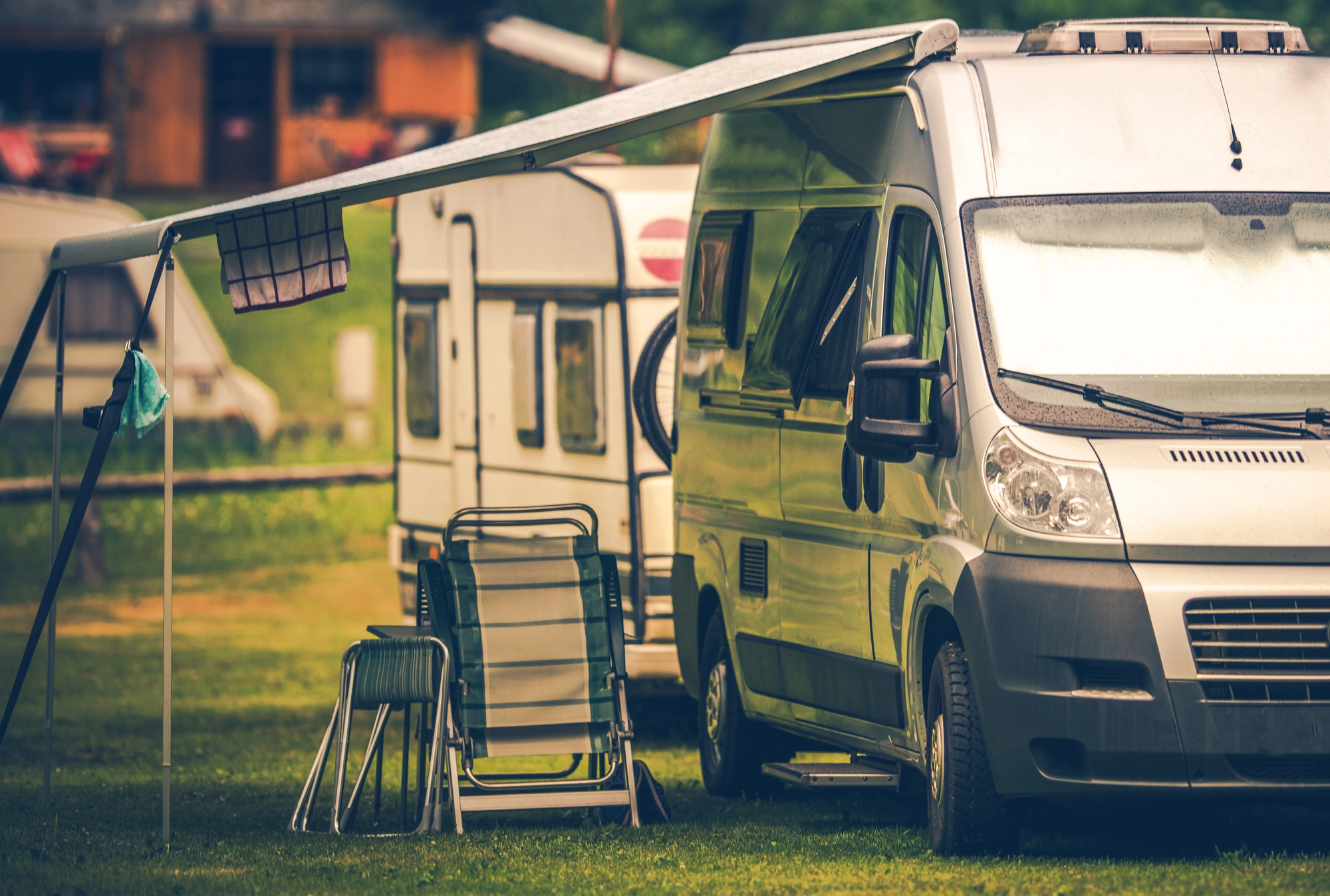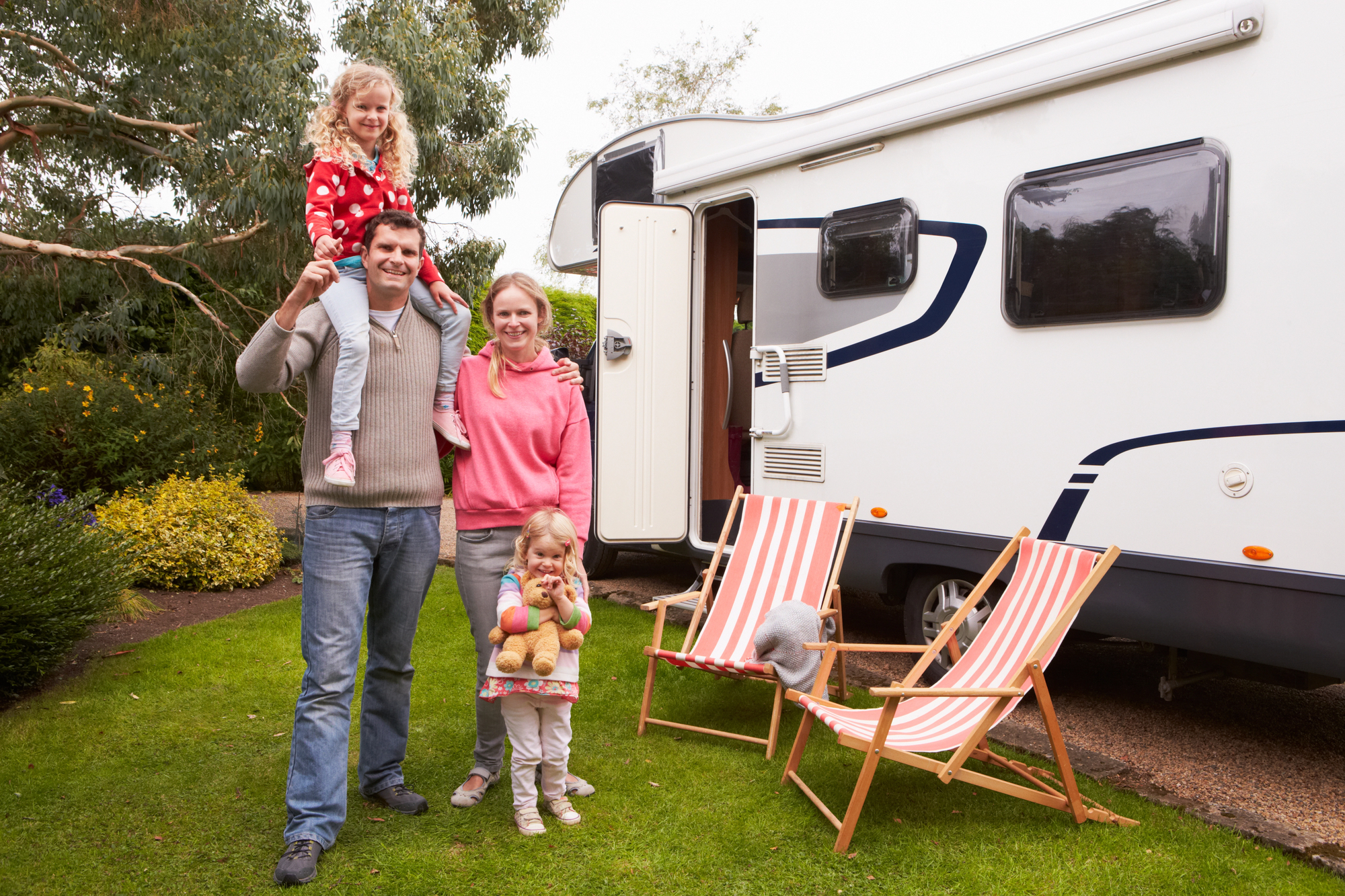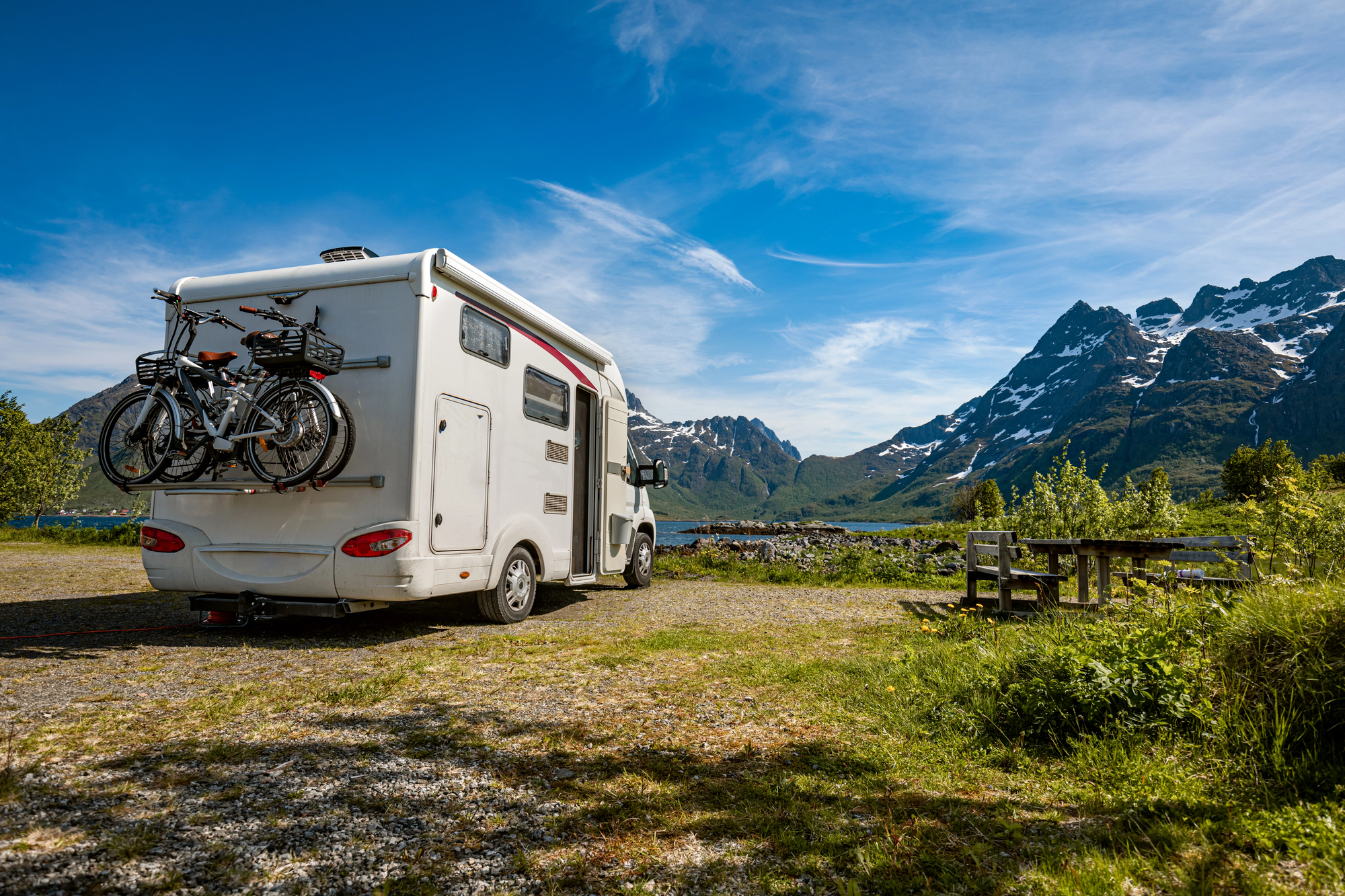
Have you ever dreamt of hitting the open road in a brand-new recreational vehicle, only to hit the brakes when you see the price tag?
The allure of adventure and freedom offered by recreational vehicles (RVs) has spurred a booming market, with countless consumers seeking ways to finance their dream rides.
Zero down payment financing options have emerged as an attractive alternative for many prospective RV owners. However, with any financing option, it’s crucial to tread carefully.
While the prospect of driving off without making an initial payment may sound enticing, it’s essential to understand the implications that come with such a financial decision. Is zero down payment financing really the blessing it appears to be, or could it lead to unforeseen challenges down the road? In this article, we will explore the ins and outs of zero down payment financing for recreational vehicles and help you determine whether it’s a good fit for your financial situation and travel aspirations.
Why RV Loans Are Necessary in the First Place
When it comes to finding loans for RVs, you can’t just grab a regular auto loan; RVs are a whole different ballgame. They come in all shapes, sizes, and uses, which means traditional loans don’t always cut it. Think about it: RVs are like homes on wheels, combining living space and transportation. That’s why you need loans that are specially designed for these unique vehicles, taking things like age, model (like motorhomes or travel trailers), and how you plan to use it (just for fun or as your main pad) into account.
With RV financing, lenders get to be a bit more flexible, which is a win for buyers. It means you can find the cash you need without getting totally shafted by those tricky depreciation rates that come with RVs. Plus, let’s be real—not everyone has a fat stack of cash for a hefty down payment, especially if they’re eyeing those swanky RVs. Luckily, there are specialized loan options that are cool with a wider range of credit scores, even if yours isn’t flawless. This opens up the dream of RV ownership to way more people.
In the end, this makes it easier for folks to hit the road and soak up the adventures that come with owning an RV while also supporting a lending market that gets what the RV lifestyle is all about.
What Zero-Down Payment Financing Means
Zero-down payment financing is a loan arrangement where you can purchase a recreational vehicle without providing an upfront cash payment or down payment. The entire cost of the RV is financed through the loan, and you begin making monthly payments based on the total purchase price, interest rate, and loan term.
This option can make RV ownership more accessible for buyers who may not have saved for a down payment, but it often comes with trade-offs,
Benefits of Zero-Down RV Financing
Not having to shell out several thousand dollars before having to start paying monthly for your RV is an undeniably attractive selling point for zero-down financing.
That, along with several other benefits:
Fast RV and Camper Ownership
Zero-down payment financing options can lead you to RV, travel trailer, or camper ownership faster. You bypass the often hefty initial cost associated with purchasing these vehicles outright, you don’t have to wait to save up for a down payment.
Flexible Loan Terms
Flexible RV loan terms are a key advantage of zero-down RV financing, offering you the ability to tailor monthly payments according to your financial situation. You can choose the maximum loan period that suits your lifestyle, ensuring you don’t feel tied down.
Does Not Drain Your Savings
While flexible and attractive terms can help you manage your monthly budget, another significant benefit of zero-down RV financing is that it doesn’t deplete your savings. This means you’re free to pursue the purchase without tying up your funds, keeping your financial flexibility intact. You can maintain a healthier credit history and avoid accumulating unnecessary debt, ensuring you’re set for more adventures with financial peace of mind.

Disadvantages of Zero-Down Payment Loans
While zero-down financing can get you on the road faster, it’s not without its drawbacks.
Not having to pay any downpayment for your recreational vehicle will come with several strings attached, or lenders will compensate through harsher interest rates, longer terms, or stricter loan agreements.
Higher Monthly Payments
Opting for zero-down payment financing on your recreational vehicle means you’ll face higher monthly payments.
This can tie up your budget, restricting your freedom to explore new models, campers, or travel trailers whenever you wish.
Make sure you plan your budget using an RV loan calculator, and don’t forget to factor in insurance costs.
It’s essential to evaluate how these elevated payments might limit your ability to spontaneously hit the road or upgrade when a new adventure calls.
Higher Interest Rates than Other Loans
Zero-down payment loans often saddle you with higher interest rates compared to other financing options or regular auto loans.
When you choose this path, banks view it as a riskier bet, nudging up the interest rates.
Requires Higher Maximum Loan Amounts
Higher interest rates aren’t the only drawback you’ll face when opting for zero-down payment loans; you’ll also need to contemplate the necessity for larger loan amounts.
Since you’re not putting money down upfront, financing your recreational vehicle means borrowing more in the long run, as lenders won’t settle for you borrowing smaller quantities like $15,000 or $20,000. The maximum loan amounts will be very high, and the minimum loan amounts will be very low, essentially.
This larger loan amount can tighten your financial flexibility, impacting your freedom to spend or save as you see fit.
Stricter Credit Score and Liquidity Requirements
When you choose a zero-down payment loan for your recreational vehicle, lenders often impose stricter credit scores and liquidity requirements.
This means you will need a stellar credit history, as there will likely be a minimum credit score requirement of 600 or higher. You will
Lenders will likely also ask for solid cash reserves to qualify.
Your loan program might also be subject to stricter underwriting requirements, prepayment penalties (you won’t be able to just pay off your loan earlier), and even application fees.
Risk of Long-Term Negative Equity
One significant risk of opting for zero-down payment loans on recreational vehicles is the potential for long-term negative equity as the RV depreciates.
This means you’re stuck owing more than your RV’s worth, limiting your freedom to sell without loss.
It’s tough because while you’re seeking the freedom of the open road, these financing conditions can feel like a leash, limiting your options and spontaneity in purchasing your dream RV.
Average Credit Score Needed for Good RV Financing or Zero-Down Loans.
Most lenders require a credit score of at least 720 to offer you favorable terms on RV financing, but others, like Southeast Financial, have lower minimum credit score requirements, for example.
Even so, they and other RV lenders cannot approve every single customer. To hit the road with competitive rates, you’ll want your credit scores shining bright. Keeping your scores high opens up the freedom to explore financing options without hefty costs.
Aim for excellence in your financial health to guarantee your adventures are as limitless as the open road.
How to Improve Credit Score and DTI Ratio
Improving your credit score goes hand in hand with improving your debt-to-income (DTI) ratio, which is how much debt you currently hold compared to your monthly income.
To calculate your DTI:
- Add all your monthly debts.
- Get your total monthly income.
- Divide your monthly debts by your monthly income.
What’s a good DTI ratio? About 43% or less. The lower the DTI ratio, the better your credit score and your chances of getting that zero-down payment RV loan.
Start by paying down existing debts and avoiding new loans. Regularly check your credit report for errors and dispute any inaccuracies.
This proactive approach not only boosts your financial freedom but also opens doors to better financing terms.

When Zero-Down Payment Financing is a Good Idea
While zero-down payment financing might seem to have a lot of disadvantages, the truth is that it’s an appealing option if you have an excellent credit history, which can secure you favorable loan terms.
Other cases where they’re attractive are:
If You Plan to Keep RV for a Long Time
Opting for zero-down payment financing can be a wise choice when you anticipate owning your recreational vehicle for many years.
This approach frees up your cash for other adventures, ensuring you’re not tied down financially.
You Have Large Savings and Emergency Funds
While excellent credit can position you well for zero-down payment financing, possessing substantial savings and emergency funds also makes this option particularly appealing.
With large savings, you’re free to enjoy your recreational vehicle without the stress of financial strain.
Zero-down payment financing lets you maintain your liquidity, ensuring you’re ready for any adventure or unexpected expense that comes your way.
Alternative Financing Options
If you’re considering alternative ways to finance your recreational vehicle, you have several viable options.
Home Equity Loans
Additionally, home equity loans expand your financial flexibility, allowing you to manage your assets more freely while enjoying the open road. These are loans that basically are second mortgages that allow you to turn your home’s value into cash that you later repay.
It’s a risky move that might tie you up into harsher payments and interest rates than just taking out an RV loan.
Consider Smaller or Used RVs
Considering used or smaller types of RVs can be a smart move when exploring alternative ways for an RV purchase.
Opting for used RVs often requires a lower down payment, making the financing hurdle easier to manage.
These choices not only broaden your horizons but also keep your freedom intact by not overburdening your finances.
Save for a Down Payment
You might find that saving for a down payment opens the door to more flexible financing options when purchasing a recreational vehicle.
Stashing away some cash upfront can grant you the freedom to negotiate better terms and possibly reduce your interest rates. It might just be a matter of being patient.
Commit now to save and enhance your buying power later.
Wait for Sales or Promos
Waiting for sales or promotional events can be a smart strategy when looking to finance a recreational vehicle.
By timing your purchase, you can access significant savings and more flexible financing options.
Southeast Financial Can Offer Some of the Best RV Loan Options
To sum up, zero-down payment financing might seem tempting for snagging that dream RV but tread carefully. You’ll face higher monthly payments and potential negative equity due to RV depreciation.
Southeast Financial offers some of the most competitive RV loan options in the market and quick decisions about your credit approval. We’ll ensure you get the best terms possible for your recreational vehicle purchase, whether it be a horse trailer, travel trailer, or toy trailer. We even offer some of the most competitive rates for boat loans.
They understand your desire for freedom, providing flexible financing solutions tailored to your adventurous lifestyle.
Immerse yourself in your next journey with confidence, knowing you’ve secured favorable financing for your dream on wheels.
Explore more, worry less.

